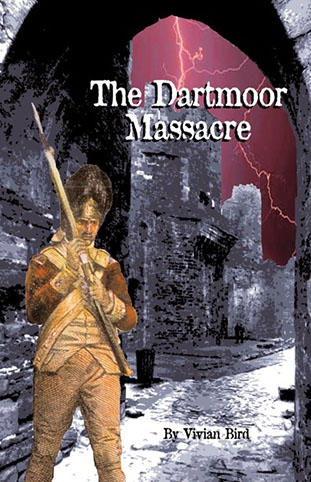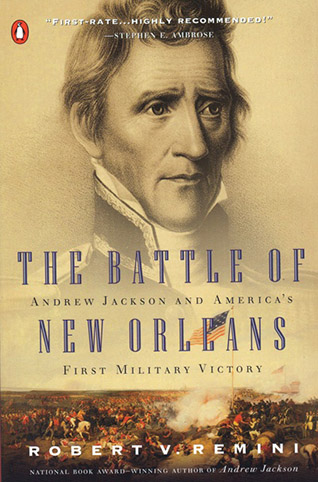Description
By Vivian Bird. A historically accurate account of a tragic and often overlooked episode at the end of the War of 1812. The book focuses on the events of April 6, 1815, when British guards at Dartmoor Prison in Devon, England, opened fire on unarmed American prisoners of war, killing seven and wounding over sixty more.
Despite the war having officially ended months earlier, poor communication, unresolved grievances, and inhumane conditions led to growing unrest among the prisoners. Bird meticulously recounts the buildup to the massacre, the internal tensions, and the failure of British authorities to manage the situation with justice or compassion.
Bird presents the massacre as a symbol of betrayal and imperial arrogance, framing it within a broader critique of British treatment of prisoners during the war.
Drawing from official records, eyewitness accounts, and contemporary correspondence, Bird exposes the indifference shown by British officials toward the suffering of American captives. He argues that the event was not just a tragic misunderstanding, but a manifestation of systemic cruelty. The book challenges traditional narratives of British civility in wartime and brings overdue attention to the suffering endured by these forgotten American soldiers.
In a letter to his parent’s after the Dartmoor Massacre, prisoner Perez Drinkwater celebrated his escape from the British attack but lamented the treatment of his fellow prisoners:
“They killed some while begging for mercy… after being wounded they likewise kicked and mangled the dead right before our eyes.”
The aftermath of the affair was grisly. Seven Americans were killed instantly and several more would die in the coming weeks from the more than a score that were wounded. No members of the British garrison were killed or injured in any way. Rumors circulated throughout the prison depicting Captain Shortland’s attempts to hide and bury the dead before the prison doctor, George McGrath, could produce a body count. Shortland was also rumored to have followed—and threatened—the wounded as they were being taken to the prison infirmary. Once in the hospital, the doctor was able to remove Shortland, but only after “receiving several blows from the Captain.” Regardless of any final body count, Dr. McGrath quickly requested aid from neighboring towns and sent a dispatch to Plymouth “to inform the admiral, commodore and commander in chief of the military department” of the terrifying affair…
Also includes: a list of those killed and wounded and how they died; the ships from which almost all were impressed by the Royal Navy; depositions from eyewitnesses on all sides; an official report from the time; the history and lore of the Dartmoor region; an early history of the storied prison; the tale of French Napoleonic prisoners at Dartmoor; the War of 1812; little-known details of the massacre; photos and diagrams; much more.
About the author: Vivian Bird was a British author and editor known for his historical and political writings, particularly those that revisited controversial or neglected episodes of British history. Active in the mid-20th century, Bird contributed to several periodicals and published books that often took a revisionist approach.
The Dartmoor Massacre: A British Atrocity against American POWS during the War of 1812
Softcover, 104 pages.

